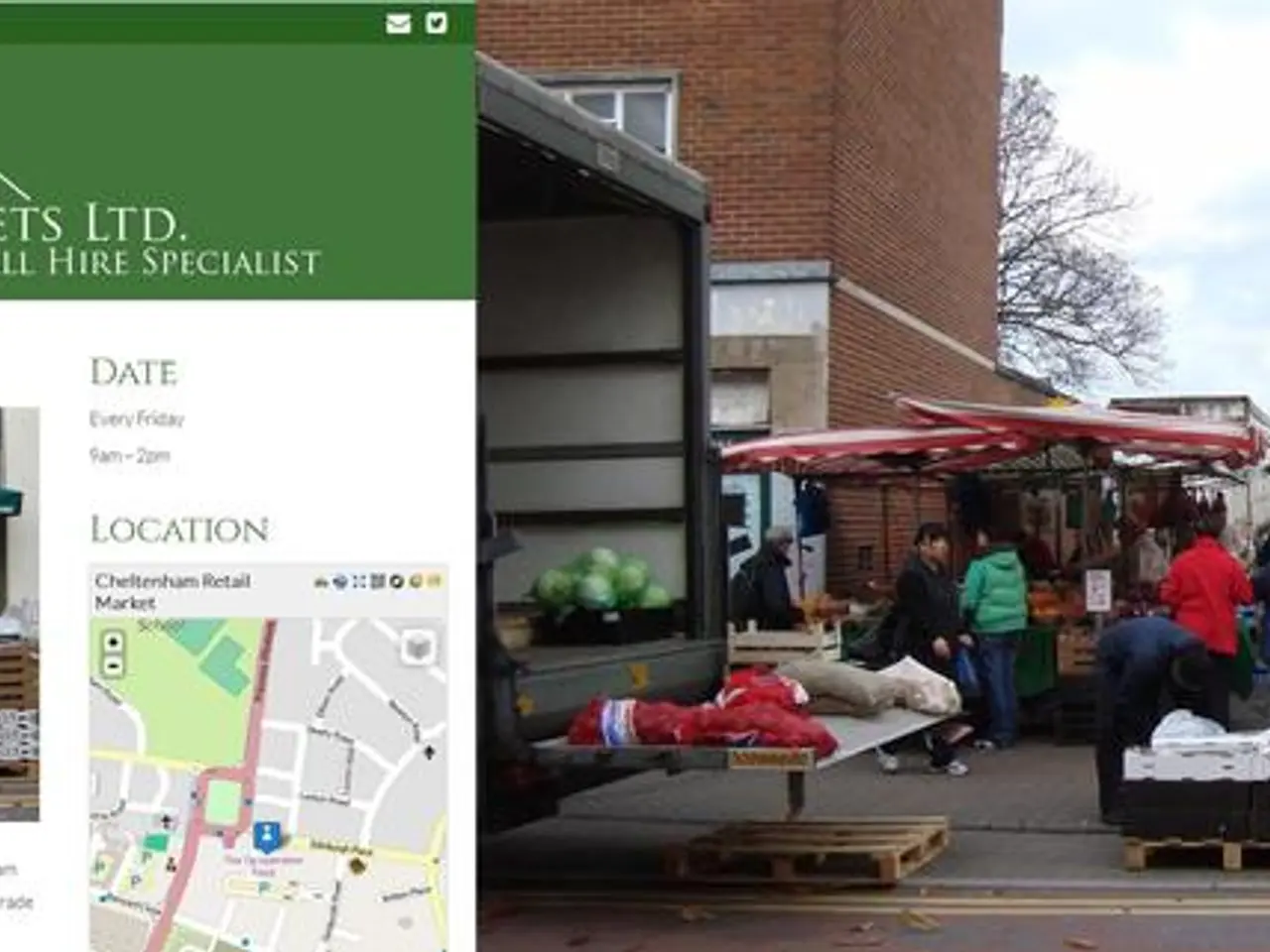Signals of potential DTC company exits indicated by the decreased deal volume in 2022
In the dynamic world of business, 2021 saw a significant shift in the popularity of Special Purpose Acquisition Companies (SPACs) as a means for going public. With 613 SPAC Initial Public Offerings (IPOs) in the U.S., it marked a significant increase from the 248 in 2020 and a mere 59 in 2019. However, the tide has turned in 2022, with IPOs across all sectors falling 74% in the first nine months compared to the same period in 2021.
Amidst this market fluctuation, some brands have faced challenges. The Honest Company, for instance, reported a 5% year-over-year increase in net sales in the second quarter, while simultaneously shrinking its net loss and operating loss. Yet, other brands like Warby Parker, Allbirds, and Casper, which have not been profitable since going public, are grappling with growing losses and falling sales.
The current economic climate has caused a dip in consumer confidence, leading some consumers to pull back on spending. This weaker market and fewer deals have forced retailers, including Walmart, Gap, Victoria's Secret, Glossier, Allbirds, and Warby Parker, to announce workforce reductions.
Despite the challenging market conditions, brands with a compelling story can still attract capital and resources. In fact, several DTC brands, such as Milk Makeup, Obagi, Allbirds, Brilliant Earth, and Rent the Runway, have filed for initial public offerings. Additionally, brands like Billie (acquired by Schick maker Edgewell) and Casper (acquired by Durational Capital Management) have been acquired.
The decline in overlaps this year signals a trend toward more distinct and specialized DTC exit pathways, indicating increased efficiency and clarity in market strategies for the future. This shift underscores the importance for brands to demonstrate profitability or a clear path to profitability before staging an exit.
Brands need to focus on creating greater efficiencies to move closer to reaching profitability if they haven't already. They must prove their product market fit, have a strong value proposition for customers, and tell a strong story around the consumer and their relationship. Investors are now scrutinizing companies operating in an unprofitable manner more closely, making it crucial for brands to present a robust financial picture.
Moreover, investors' projections of "an assumed consumer behavior that hasn't quite happened" is contributing to larger companies pulling back on acquisitions and brands putting IPO plans on ice. As of July 2022, the number of SPAC deals has come down to 70, reflecting this trend.
In conclusion, the DTC landscape is evolving, and brands must adapt to the changing market conditions. By focusing on their core strengths, demonstrating profitability, and telling a compelling story, brands can navigate these challenging times and thrive in the future.







